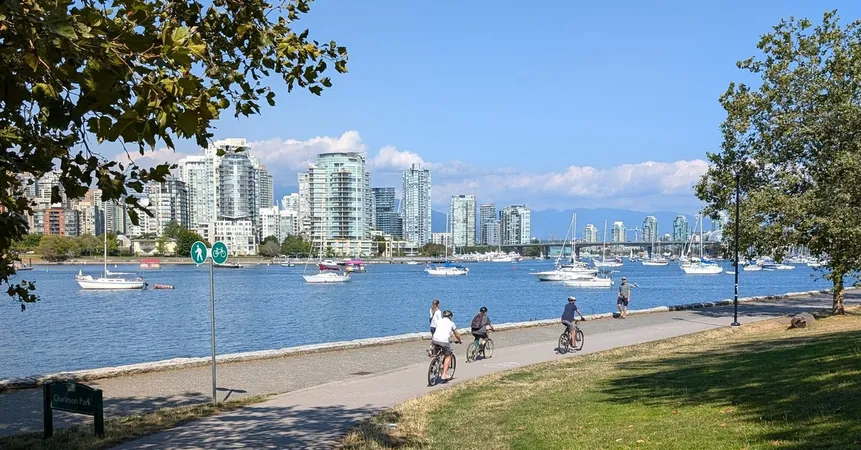
Major Transformation Ahead for Vancouver's Parks and Recreation: What You Need to Know!
2024-11-21
Author: Jacob
What’s in Store? Key Updates on Governance and Parks
A detailed report is scheduled to be unveiled at the upcoming Standing Committee on Policy and Strategic Priorities meeting on November 27. The report highlights crucial advancements in governance structure and suggests converting several temporary parks into permanent fixtures, thereby solidifying their availability for future generations.
Transforming Governance: New Structures Proposed
The Parks and Recreation Working Group, appointed by the City Council, has put forth actionable recommendations after months of consultations with stakeholders. Notably, they propose:
1. **Council Sub-Committee on Parks and Recreation**: This new advisory group would consist of five City Councillors dedicated to parks and recreation issues, allowing for a unified voice in discussions with other governmental bodies. This structure is designed to bring Vancouver in line with other major municipalities that successfully manage these services through similar committees.
2. **Creation of a Parks and Recreation Community Partner Relations Office**: This office aims to enhance communication and governance within parks and recreation across political cycles. It will be staffed with professionals dedicated to addressing the evolving needs and concerns of community stakeholders.
Securing Our Green Spaces: From Temporary to Permanent Parks
One of the most exciting outcomes anticipated from this transition is the conversion of numerous temporary parks and greenspaces into permanent parks. This initiative is critical for ensuring the longevity and accessibility of these areas, with staff currently identifying approximately 36 hectares (or nearly 89 acres) across 17 designated locations that could gain permanent status.
Streamlining Operations: Cutting Costs and Improving Efficiency
The integration of City and Parks and Recreation operations is expected to pave the way for more effective decision-making and project management. Currently, the dual governance structure has resulted in delays and inflated costs—over the last four years alone, construction projects hit by these bureaucratic roadblocks have incurred an extra $15 million in costs.
With the proposed changes, it’s estimated that annual savings could range from $6.9 million to $7.9 million. This is a leap toward improving operational efficiency and reducing unnecessary contracting. Over a decade, these savings could accumulate to around $70 million, marking a significant financial advantage for the city.
Looking Ahead: What’s Next?
As Vancouver gears up for this transformative transition, city officials will enter discussions with labor unions and coordinate with the Provincial government regarding the timing for the necessary amendments to the Vancouver Charter.
Stay tuned as Vancouver embarks on this ambitious journey to not only manage parks and recreation more effectively but also to ensure the city’s green spaces thrive for generations to come!
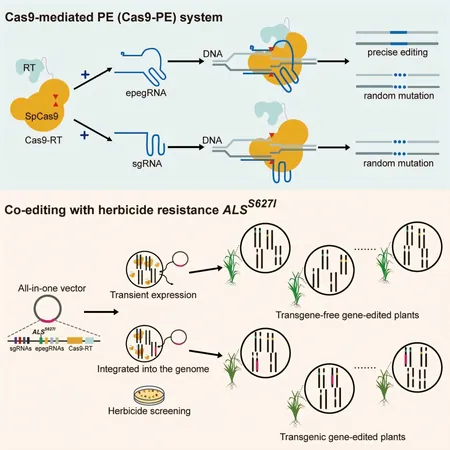

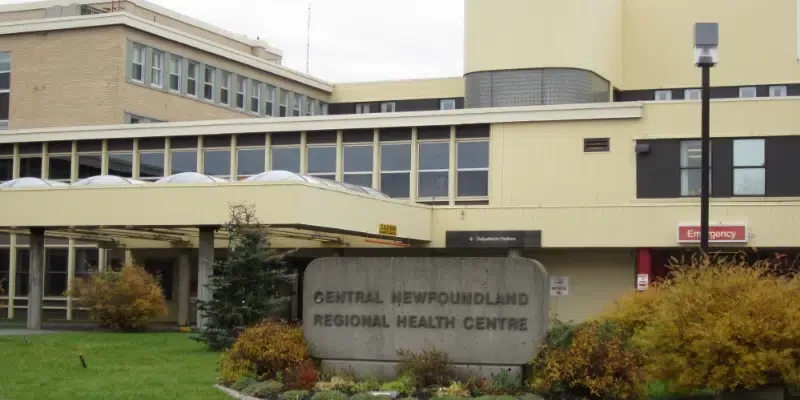
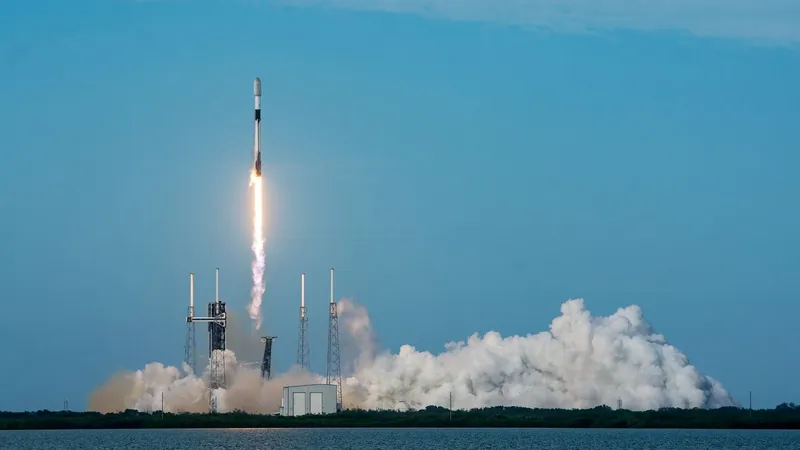
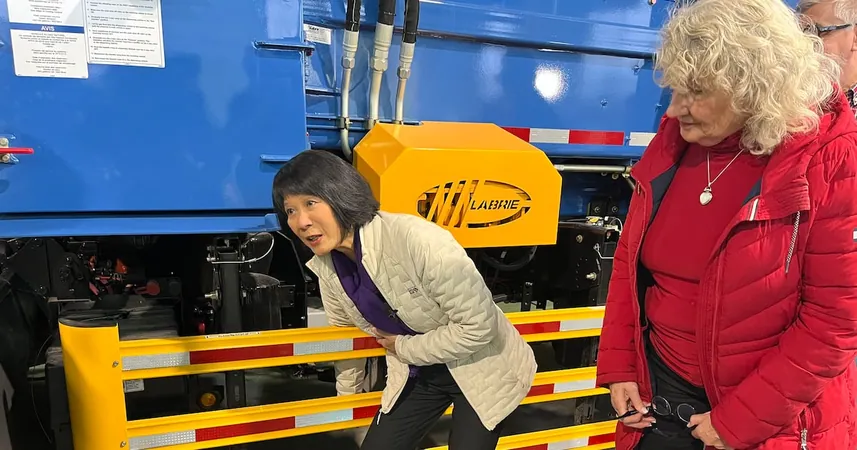

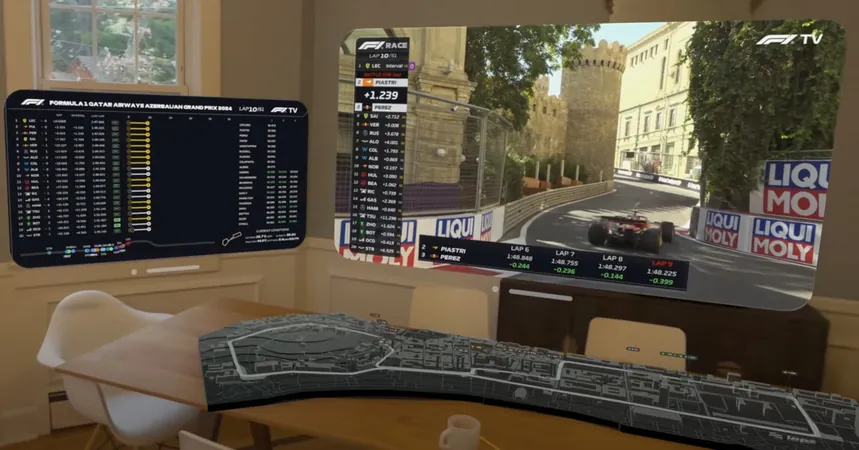


 Brasil (PT)
Brasil (PT)
 Canada (EN)
Canada (EN)
 Chile (ES)
Chile (ES)
 España (ES)
España (ES)
 France (FR)
France (FR)
 Hong Kong (EN)
Hong Kong (EN)
 Italia (IT)
Italia (IT)
 日本 (JA)
日本 (JA)
 Magyarország (HU)
Magyarország (HU)
 Norge (NO)
Norge (NO)
 Polska (PL)
Polska (PL)
 Schweiz (DE)
Schweiz (DE)
 Singapore (EN)
Singapore (EN)
 Sverige (SV)
Sverige (SV)
 Suomi (FI)
Suomi (FI)
 Türkiye (TR)
Türkiye (TR)